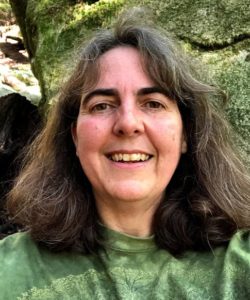
Terry Alexander
Instructor
Terry Alexander has a Bachelors of Science in Physics/Computer Science from Carnegie Mellon University and a Masters of Science in Computer Science and recently a Masters of Arts in Teaching. She began her career in the tech industry until she was bit by the teaching bug. For the last several years, she has been teaching both a Computer Science pathway and IB Physics at Hillsboro High School. Her pathway include Computer Game Design, Web Design, and two levels of dual credit Computer Science articulated through PCC. She also runs the Hilhi Robotics club with multiple FTC robotics teams. Terry is very passionate about expanding participation in Computer Science, especially in the Latinx community.
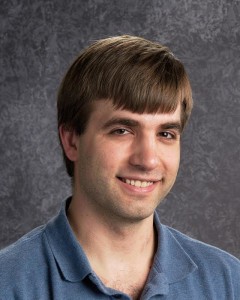
Jason Galbraith
Instructor
Jason Galbraith started his career with a Master’s Degree in Artificial Intelligence, but then realized he enjoyed teaching more than research. After getting his teaching degree, he landed a job at Sunset High School, where he has been since 2007. In that time he has taught a huge variety of technology classes for all levels of students, from technology introductions for middle school students to college-level computer science classes. At Sunset, his classes include 3D modeling, video game creation, web design, robotics, Java programming, C++ programming, and data structures. He also coaches video game teams, mentors robotics teams, runs after-school clubs, and a girls-only technology camp. In his spare time, he helps teach for Saturday Academy, runs workshops for the OCSTA (Oregon Computer Science Teachers Association), and attempts to make a professional level computer Go player with Professor Peter Drake of Lewis & Clark College. He also holds the position of Adjunct Instructor at Portland State University.
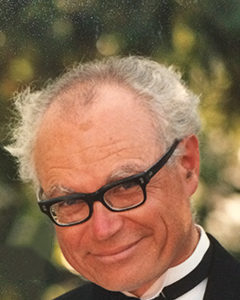
Tom Pittman
Instructor
Tom Pittman has a Bachelor of Arts in mathematics from the University of California at Berkeley, and a PhD in computer science from the University of California at Santa Cruz. He taught graduate-level computer science at Kansas State University and (later) undergraduates at Southwest Baptist University. Most of his early career he spent programming embedded microprocessor systems in a variety of environments. He implemented the only resident software development system for the first microprocessor, the Intel 4004, and later earned some fame as an early implementor of Tiny Basic, and then of a compiler for HyperCard. More recent work includes DNA analysis software and an extended journey into natural language translation based on the technology in his PhD dissertation. He is the author (with James Peters) of The Art of Compiler Design.
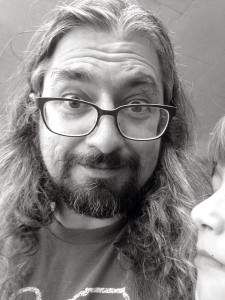
Chris Bartlo
Curriculum Advisor
Chris Bartlo teaches Computer Science at Wilson High School, where he has developed a comprehensive 4-year CS program that focuses on student-generated projects. He is passionate about spreading computer science throughout the K-12 space and regularly offers professional development for teachers who want to bring coding to their classrooms. He works with Oregon CSTA, Code.org and numerous state and local initiatives to give young people more opportunities to code. Chris brings his academic background (Masters Degrees in Systems Science, Education and Mathematics, with a stint as an AI researcher), industry experience (as a developer, tester and entrepreneur) and love of gaming (having held a top-10 world ranking in several games) to developing curriculum that resonates with students of all ages.
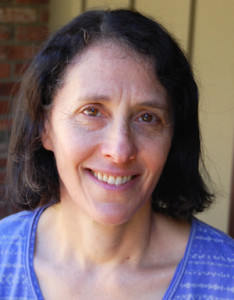
Melanie Mitchell
Faculty Advisor
Melanie Mitchell is Professor of Computer Science at Portland State University, and External Professor and Member of the Science Board at the Santa Fe Institute. She attended Brown University, where she majored in mathematics and did research in astronomy, and the University of Michigan, where she received a Ph.D. in computer science, Her dissertation, in collaboration with her advisor Douglas Hofstadter, was the development of Copycat, a computer program that makes analogies. She has held faculty or professional positions at the University of Michigan, the Santa Fe Institute, Los Alamos National Laboratory, the OGI School of Science and Engineering, and Portland State University. She is the author or editor of five books and over 70 scholarly papers in the fields of artificial intelligence, cognitive science, and complex systems. Her most recent book, Complexity: A Guided Tour (Oxford, 2009), won the 2010 Phi Beta Kappa Science Book Award. It was also named by Amazon.com as one of the ten best science books of 2009, and was longlisted for the Royal Society's 2010 book prize. Melanie directs the Santa Fe Institute's Complexity Explorer project, which offers online courses and other educational resources related to the field of complex systems.